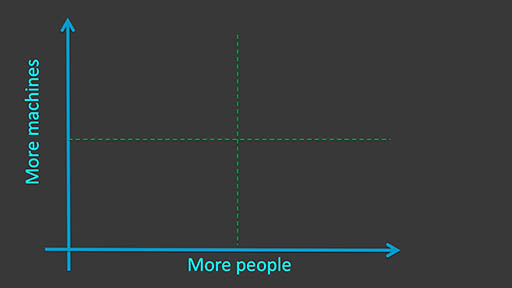Session 1 Publishing and communication
This session is written by David De Roure from The University of Oxford.
In the Humanities we’re familiar with studying writing and ‘publication’ over centuries, but there are important changes in how scholarly communication occurs today in the context of digital scholarship. This session explores emerging practices and trends, and introduces the idea of our knowledge infrastructure, itself a subject of study in humanities and social sciences.

Transcript: Video 1
We've seen many ways in which digital contents and tools are used in conducting our research. But there's a much broader digital transformation of our entire research lifecycle, what we can think of as the scholarly ecosystem or our knowledge infrastructure.
So over recent years, there have been two really significant trends. More and more people are now engaged with the digital world. And this certainly means scholars, but importantly also citizens. And this is largely thanks to the web.
Secondly, our computers have become much more powerful both in terms of the devices like smartphones that we're holding in our hands, but also the computers behind the scenes in our research infrastructure which can perform huge computations.
All of this brings changes in what we study and how we practice research. So take social media, for example. It's a new source of data about people on what they're thinking. It's also a new means of engaging people with research. So we're now in a complex place where crowd and computation come together, where citizens are generating data by all their interactions.
And they're also having analysed data through the exciting successes of citizen science, which is an example of an important new scholarly method. And if we stand back and look at this knowledge infrastructure, by which I mean libraries and resources, but also tools and training, data and software, we can see how it's transforming digitally.
And there are new practices in how and what we share, publications, but also data and software too. And in combination, the way we make our digital humanities research reproducible. We'll learn about these new practices in this session.
And I'll leave with you a thought. As these trends continue, we're seeing increasing automation as part of our research happen automatically as artificial intelligence learns from scholars and humans. This is an important discussion for humanists in its own right.
By the end of this session, you should be able to:
- understand why to share data and software as well as papers
- understand how we can practice reproducible research in the context of digital humanities
- appreciate trends and emerging practices in our knowledge infrastructure.
